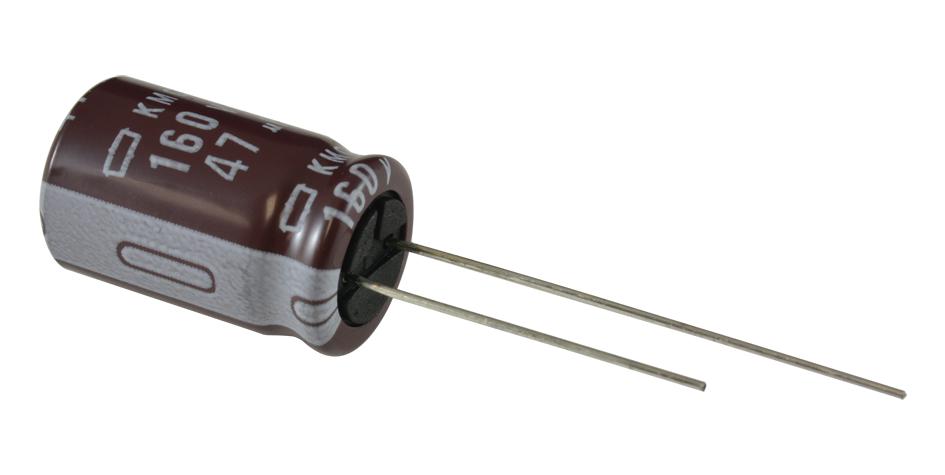
Capacitors are fundamental components in electrical circuits, playing a crucial role in the storage and release of electrical energy. Understanding how capacitors affect current is essential for engineers, technicians, and enthusiasts alike. In this blog post, we will delve into the intricate relationship between capacitors and electric current, exploring their effects, applications, and practical implications.
- Capacitance and Charge Storage:
Capacitors possess a property called capacitance, which determines their ability to store electrical charge. When a voltage is applied across a capacitor, it accumulates charge on its plates, creating an electric field between them. This stored charge can later be released, influencing the flow of current in a circuit. - Reactance and Impedance:
Capacitors introduce a unique characteristic called reactance, which is the opposition to the flow of alternating current (AC). Reactance is frequency-dependent, meaning that capacitors have different effects on current at varying frequencies. At low frequencies, capacitors exhibit high reactance, impeding current flow. Conversely, at high frequencies, capacitors offer low reactance, allowing current to pass more easily. - Phase Shift and Power Factor Correction:
Due to their reactance, capacitors can cause a phase shift between voltage and current in AC circuits. This phase shift can be utilized for power factor correction, a technique employed to optimize power transmission efficiency. By strategically placing capacitors in circuits, the phase shift can be adjusted to counteract the reactive power, reducing energy losses and improving overall system performance. - Filtering and Smoothing:
Capacitors find extensive use in filtering and smoothing applications. In power supply circuits, capacitors act as filters, removing unwanted noise and ripple voltage. By selectively allowing certain frequencies to pass while attenuating others, capacitors help ensure a stable and clean power supply, vital for sensitive electronic devices. - Energy Storage and Backup:
Beyond their influence on current flow, capacitors are renowned for their ability to store and discharge energy rapidly. This characteristic makes them ideal for applications requiring short bursts of power, such as camera flashes or electric vehicle acceleration. Additionally, capacitors are employed in backup power systems, providing an immediate energy source during power outages or high-demand periods.
Conclusion:
Capacitors have a profound impact on electric current, influencing its flow, phase relationship, and stability. Their ability to store and release electrical energy, coupled with their frequency-dependent reactance, makes them versatile components in various industries. From power factor correction to energy storage, capacitors play a vital role in modern electrical systems. By understanding their effects and applications, engineers can harness the hidden power of capacitors to optimize circuit performance and enhance overall efficiency.
